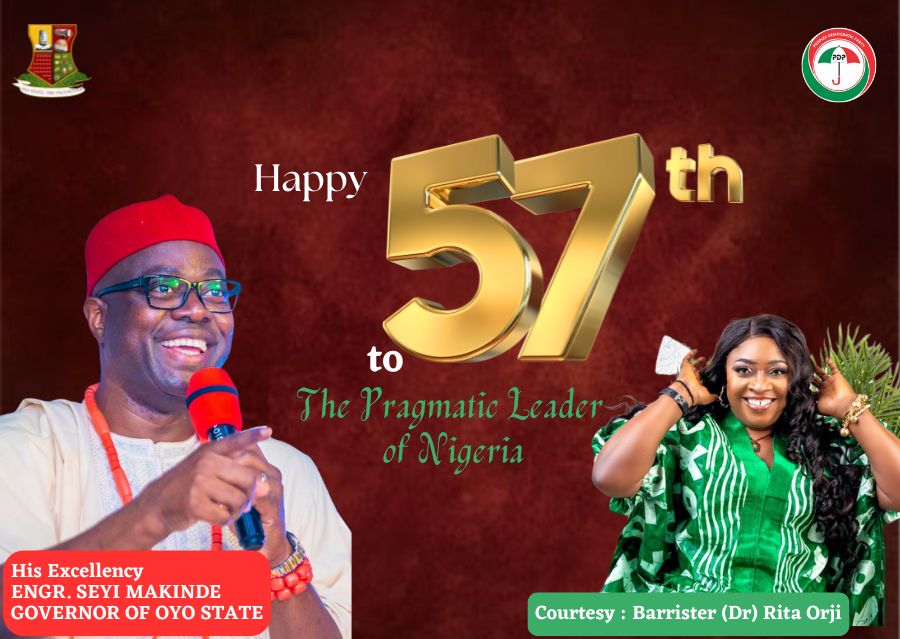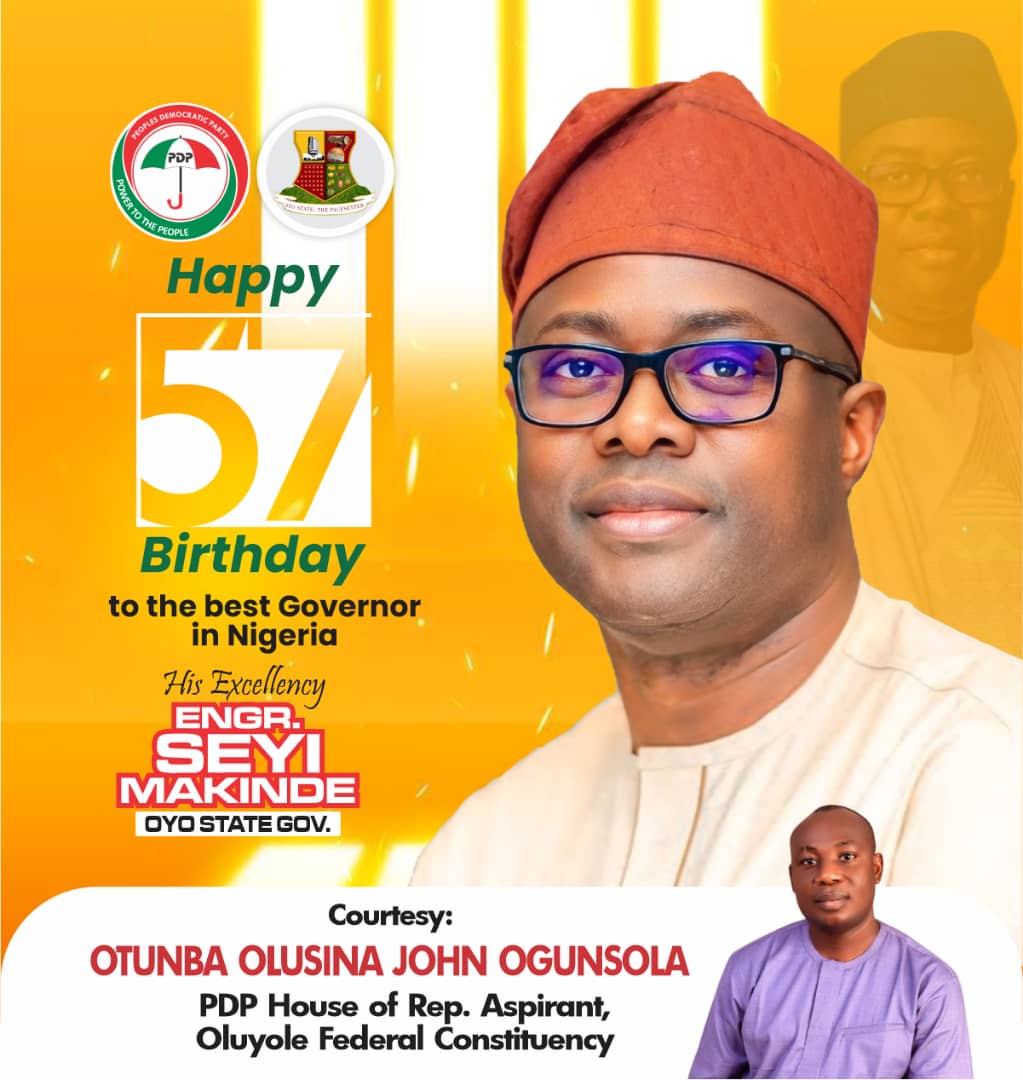OPINION: National Crisis and Presidential Aloofness
When will President Muhammadu Buhari speak up?


But, can mere communication be a soothing balm for a nation in distress? It appears that words backed by actions that produce positive results would meet public expectation.
The major headache remains insecurity. There are conflicting signals from the Federal Government. Information and Culture Minister Alhaji Layiwola Mohammed is adamant that the Boko Haram insurgency has been technically defeated.
But, former Army chief and ambassador-dedignate Gen. Tukur Buratai has shocked the beleaguered nation that it will take 20 years to end insurgency in Nigeria.
There is confusion. There is dejection. There is apprehension. There is need for further clarification and reassurance. That may also account for why Nigerians expect the president to shed some light and douse a little anxiety.
A seeming presidential aloofness in the period of grave national difficulties does not constitute the making of an excellent leader. In a highly heterogeneous country in search of unity and cohesion, the president should always be the symbol of togetherness in words and in deeds.
Complacency is a core weakness. The ability to listen is good. But, it is not enough. A mettle of speech, instead of the attitude of perpetual silence, can sometimes restore order into a state of pandemonium, at least, in the interim.
Systematic detachment is not a hallmark of leadership. The style may be misinterpreted as taking sides in a clearly sensitive, divisive and destabilising issue like the menace of killer herdsmen, particularly when the leader is from the ethnic group that is being alleged to be breeding bandits.
Predictable press statements by aides may be grossly inadequate. It may expand the pool of boredom. The delegation of duty can be counter-productive when the principal takes a back seat when he is expected to be on the front row. When 36 states of the federation affix their gaze at Abuja for solution to a common malaise threatening the fabric of the nation, the President and Commander-In-Chief cannot go into a semblance of seclusion.
Visits by the president or powerful delegations to grief-stricken communities that have been ravaged by bandity, ethnic strife and rancor, and senseless killings may bring immediate psychological succour resulting from feeling of identification with the plight of victims. This option will be quite reassuring that the number one citizen is president of all Nigeria.
A Southwest governor has said those arrested for banditry in his state spoke Fulfude. Therefore, a meaningful engagement with stakeholders may make other ethnic groups to retrace their steps from the prevailing nasty thought that the leader is shielding his tribesmen.
Under the current administration, Nigeria has become more divided. Currently, the source of the aggravated division is traceable to the activities of few herders now setting one ethnic group against another.
While agitators from the South, including Niger Delta militants, MASSOB, IPOB members and others have directed their protests against the government, bandits and terrorists from the North target innocent citizens. They obstruct traffic flow, molest passengers, deprive travellers of their belongings, maim, kidnap for ransom and kill.
Also, while agitators from the South are visible, traceable and making largely plausible demands, which can be resolved through constitutional means or administrative measures, the agenda and destination of bandits and terrorists from the North are unknown. The crux of the matter is that as the activities of bandits now begin to drastically affect the South, there is more uproar and Southern leaders want a quick end to violence. The South is resisting the onslaught of troublers of peace from the North.
This is necessary so that a crisis of monumental proportion will not engulf the entire country.
Gradually, herders/farmers clashes in remote villages that were ignored are spreading into cities. The crises had been replicated, at least, in Ibadan, Oyo State capital. The bloody indigenes/settlers rift is an ill-wind that blows nobody any good.
It is noteworthy that the governors moved swiftly to douse tension and prevent reprisals in the aftermath of the Shasha crisis, which claimed many lives and properties. They were able to avert doom by telling Nigerians that it lacked ethnic connotation.
Previously, the governors made their joint position on the herders/farmer quarrel known to Nigerians. The situation was almost getting out of hand until the governors put their differences aside and revolve to outlaw open grazing.
If the president had decided to make a broadcast to the nation, reassuring all and sundry that nobody is above the law, whether Fulani, Hausa, Yoruba, Igbo and Ijaw, may be, fear would have gripped bandits tormenting the country.
Now, there is no decorum or restraint. Inflammatory statements oozed out from the mouths of powerful persons in utter insensitivity to the feelings of other ethnic groups. Nigeria has become a lawless country where the cattle rearer association is laying claim to all the lands in the North and South by declaring that cattle should be entitled to the grass in the forest. Farm crops are not excluded.
Cattle rearers are plying their trade to make money. Farmers tilling the ground are in search of legitimate income. There is conflict. The crops are targeted by the cattle. The farmers are resisting. There is outrage. The overall leader is keeping mute.
Few farmers only have ‘Sakabula’ guns. They have not even attempted to shoot at the invaders. The local gun is inferior to the AK 47 in the hands of bandits. An over-zealous governor, in defence of his tribe, gave backing to the use of the AK 47 by the bandits, explaining that they needed it to protect themselves. Protect themselves from who in particular? From defenceless farmers in rural communities? Nobody is a threat to herders. They are the threats to the local people they terrorise outside their tribe and region.
If open grazing is outlawed, it will reduce the the conflicts between herdsmen and farmers. The farmers will have respite on their farms and in their communities.
But, the non-herder bandits who are on the prowl will stil need to be checked to prevent unprovoked assaults, further abductions and killings.
Nigerians who want the president to speak up on the state of emergency in national security want explanations on why bandits are looming large, efforts taken to stem the tide of banditry, reassurance that the Armed Forces are up to the task and the extent of collaborative efforts that can yield intelligence gathering.
The presidential re-engagement will make stakeholders to rekindle faith in a Nigeria that has potentials to survive the current national ordeals and wax stronger, following its triumph over the transient challenges.

Source: Nation

